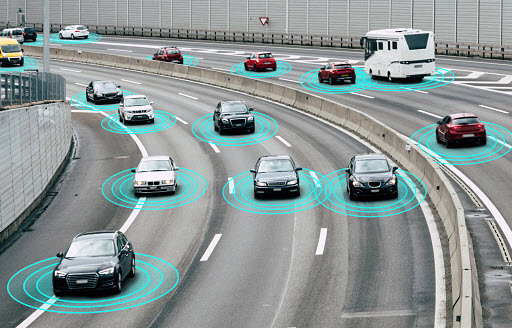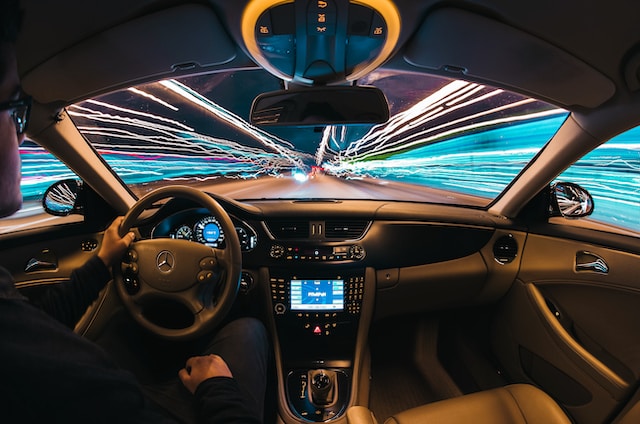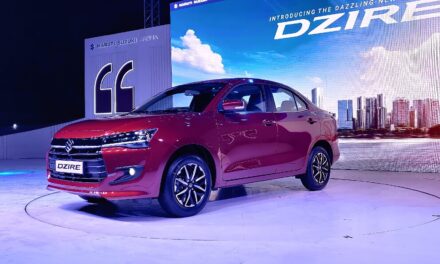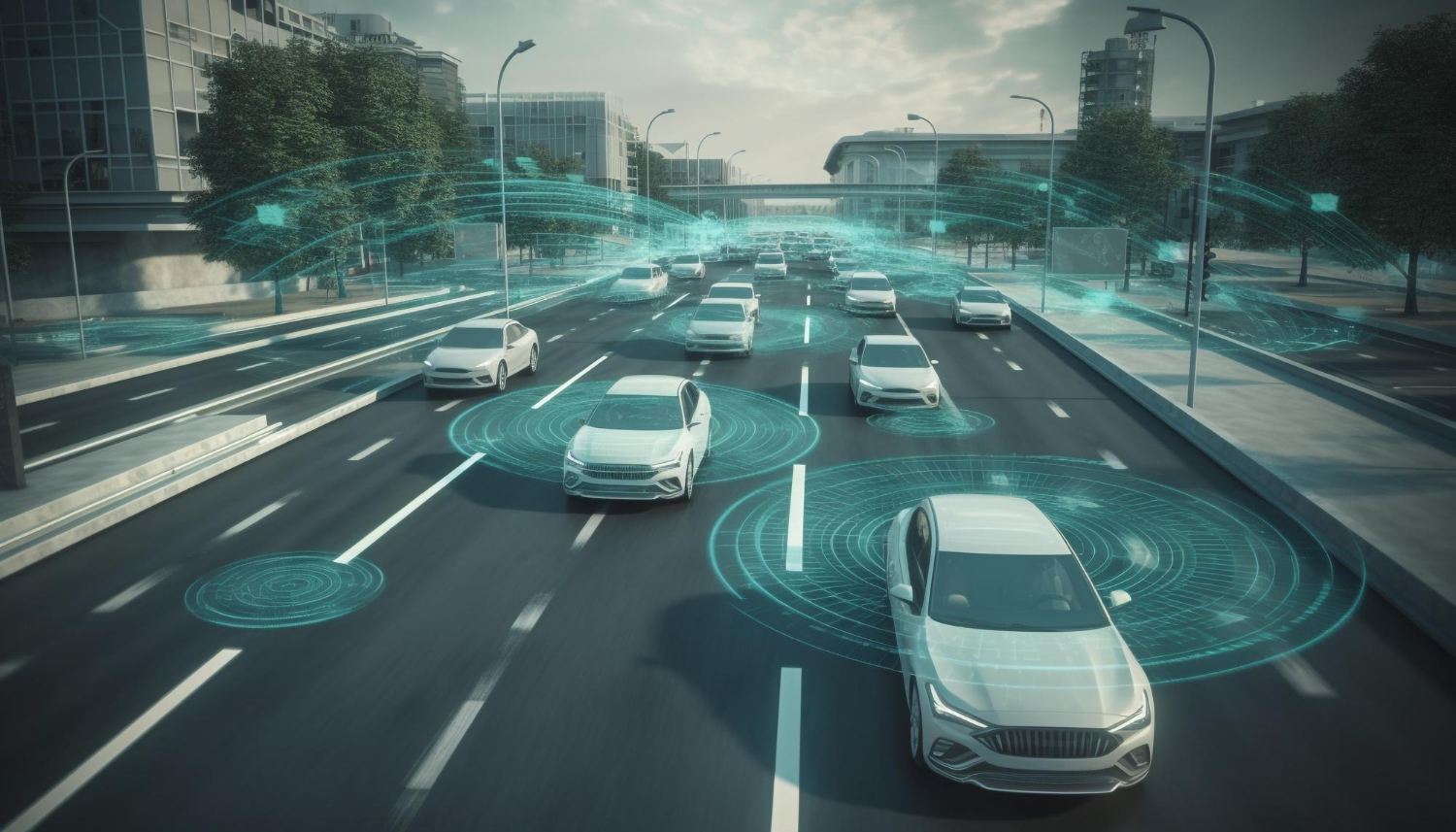Introduction
The automotive industry has come a long way since the invention of the first automobile. Over the years, it has witnessed remarkable advancements in technology, design, and manufacturing processes. Today, as we stand on the cusp of a new era, the auto industry is undergoing a transformative shift towards innovation and sustainability. In this article, we will explore the key trends shaping the future of the auto industry and how they are revolutionizing the way we drive.Electric vehicles (EVs) and the rise of sustainable mobility
One of the most significant developments in the auto industry is the rapid growth of electric vehicles. With concerns about climate change and the need to reduce greenhouse gas emissions, governments and consumers worldwide are increasingly embracing EVs. Major automakers are investing heavily in electric technology, leading to a surge in the production and availability of electric cars. Advancements in battery technology are extending the range and reducing charging times, making EVs a viable alternative to traditional internal combustion engine vehicles. Additionally, the establishment of charging infrastructure and incentives for EV adoption are further propelling the shift towards sustainable mobility.


Autonomous driving and connected vehicles
Autonomous driving technology is set to revolutionize the way we travel. While fully autonomous vehicles are still being developed and tested, various autonomous features are already being integrated into modern cars. Advanced driver-assistance systems (ADAS) such as adaptive cruise control, lane-keeping assist, and automatic emergency braking are becoming increasingly common. These technologies enhance safety, improve traffic flow, and reduce accidents. Furthermore, connected vehicles equipped with sensors and communication systems enable real-time data exchange, enhancing navigation, vehicle diagnostics, and personalized driving experiences.
Shared mobility and the rise of mobility-as-a-service (MAAS)
The concept of car ownership is undergoing a paradigm shift with the rise of shared mobility. Services like ride-hailing, car-sharing, and car subscription models are gaining popularity, especially in urban areas. Mobility-as-a-Service (MaaS) platforms are integrating various transportation modes, including public transit, ridesharing, and bike-sharing, into a seamless mobility experience. This shift towards shared mobility reduces the number of private vehicles on the road, easing congestion, reducing emissions, and optimizing resource utilization.

Digitalization and the connected car ecosystem
The auto industry is witnessing a digital revolution, with vehicles becoming an integral part of the connected ecosystem. Modern cars are equipped with advanced infotainment systems, voice assistants, and smartphone integration, allowing drivers to access navigation, entertainment, and communication services effortlessly. Additionally, vehicle-to-vehicle (V2V) and vehicle-to-infrastructure (V2I) communication enable enhanced safety features, traffic management, and efficient routing.
Sustainable manufacturing and materials
The auto industry is taking significant strides towards sustainable manufacturing processes and materials. Automakers are adopting environmentally friendly practices, such as using renewable energy sources in production facilities and reducing water consumption. Moreover, the use of lightweight materials like aluminum, carbon fiber, and bio-based plastics is gaining momentum, contributing to improved fuel efficiency and reduced emissions. Recycling and responsible disposal of end-of-life vehicles are also becoming a priority, ensuring the industry’s environmental impact is minimized.

Conclusion
The auto industry is undergoing a remarkable transformation driven by innovation and sustainability. Electric vehicles, autonomous driving, shared mobility, digitalization, and sustainable manufacturing are shaping the future of transportation. As consumers and stakeholders increasingly demand environmentally friendly and connected solutions, automakers and technology companies are collaborating to create a greener, safer, and more efficient mobility ecosystem. Embracing these advancements will not only revolutionize the way we drive but also contribute to a more sustainable and livable future for all.










